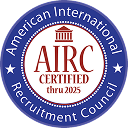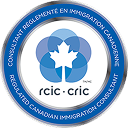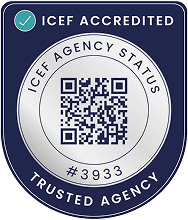

Fill out our online assessment form, and we will contact you
for a consultation within 24 hours.


Fill out our online assessment form, and we will contact you for a consultation within 24 hours.
We At Landmark Immigration Consultants Is The Best Study Visa Consultants in Chandigarh For Students Who Want To Study In The Abroad. Deemed The No.1 Agent in India in 2018 By Cambrian College. We Are Top Immigration Consultant For UK, Canada. It Is The Best Immigration Consultants in India Who Increases Your Chances To Immigrate To Another Country For Study Visa Purposes. Esteemed Top Agent for Niagara College and University Canada West. We Have Forwarded A Number Of Students To Various Colleges in Areas Like The US, Australia, The United Kingdom & New Zealand. No matter where we live, we must value our education system so that it helps us in providing the best knowledge to the students. We provide the excellent education, services as well as knowledge to the students. That is why it is the Best Education Consultant in Chandigarh.
Contact UsWhole Time Director
CCEA And USATC Graduate
Landmark Immigration & Consultancy evolved with the vision to empower the aspiring youth of India to position themselves successfully in the global landscape.

Landmark is an independent and Top Study Visa Consultant that helps... Read more

We offer numerous courses from various global Universities. Filling the University... Read more

Getting a Visa for your education abroad isn’t always easy and you are at... Read more

We understand traveling in abroad is difficult for a newbie. Landmark... Read more


IELTS Academic

IELTS General

TOEFL

PTE

SPAN

GRE

FR

Free Consultation 😊

Shortlist Universities & Colleges 🏢

Application & Document Review 📃

SOP & LOR Review 🏢

Scholarship Advice 📃

Handpicked Offers 🏢

Student Visa Support 😊

Free Consultation 😊

Shortlist Universities & Colleges 🏢

Application & Document Review 📃

SOP & LOR Review 🏢

Scholarship Advice 📃

Handpicked Offers 🏢

Student Visa Support 😊


Richa Arora
Whole Time Director


Jasmeet Singh Bhatia
CCEA graduate and USATC graduate

IRCC

AIRC

RCIC

NAFSA

Have a question? Find the answer here.
